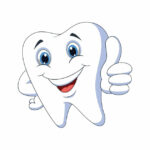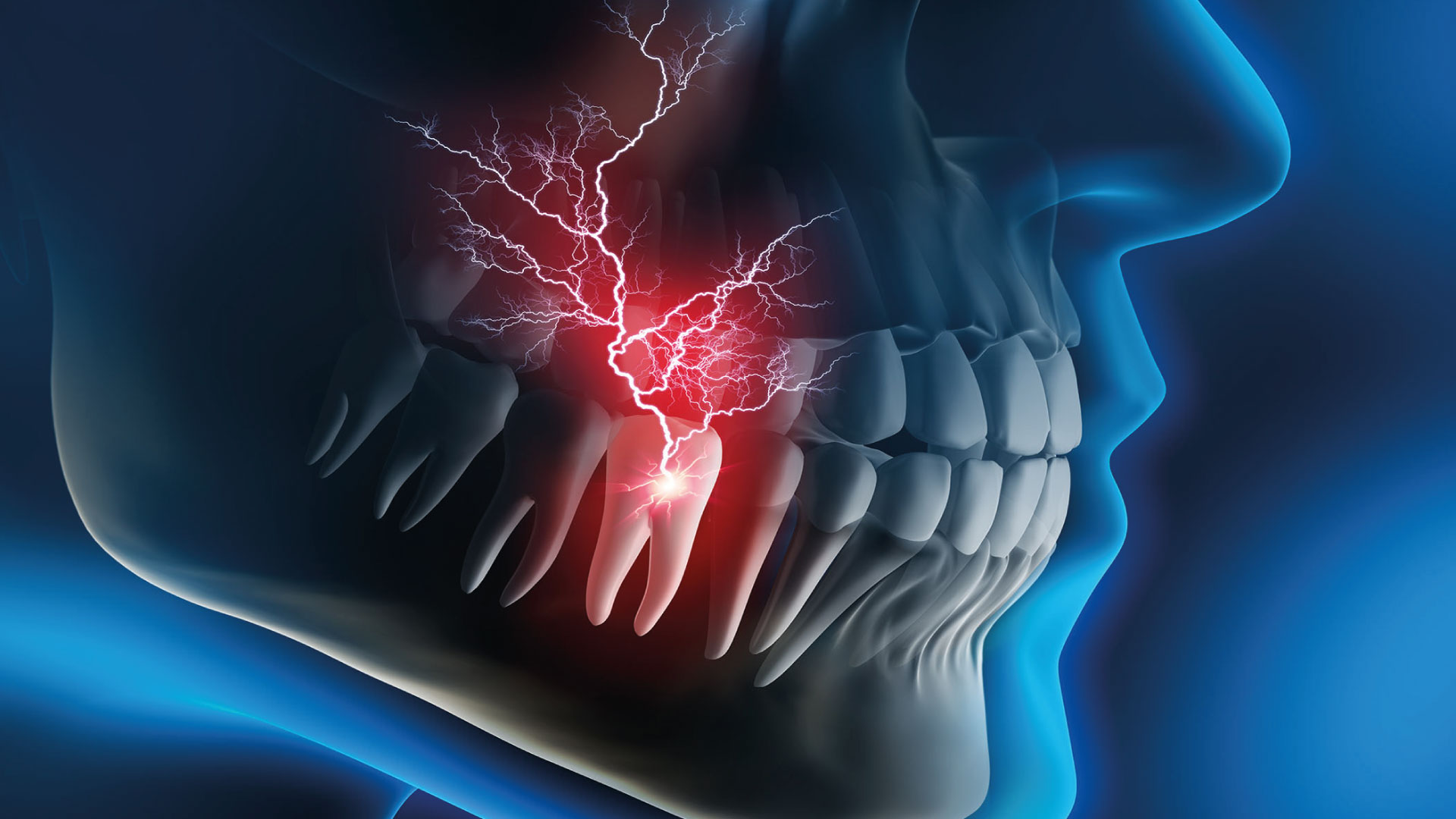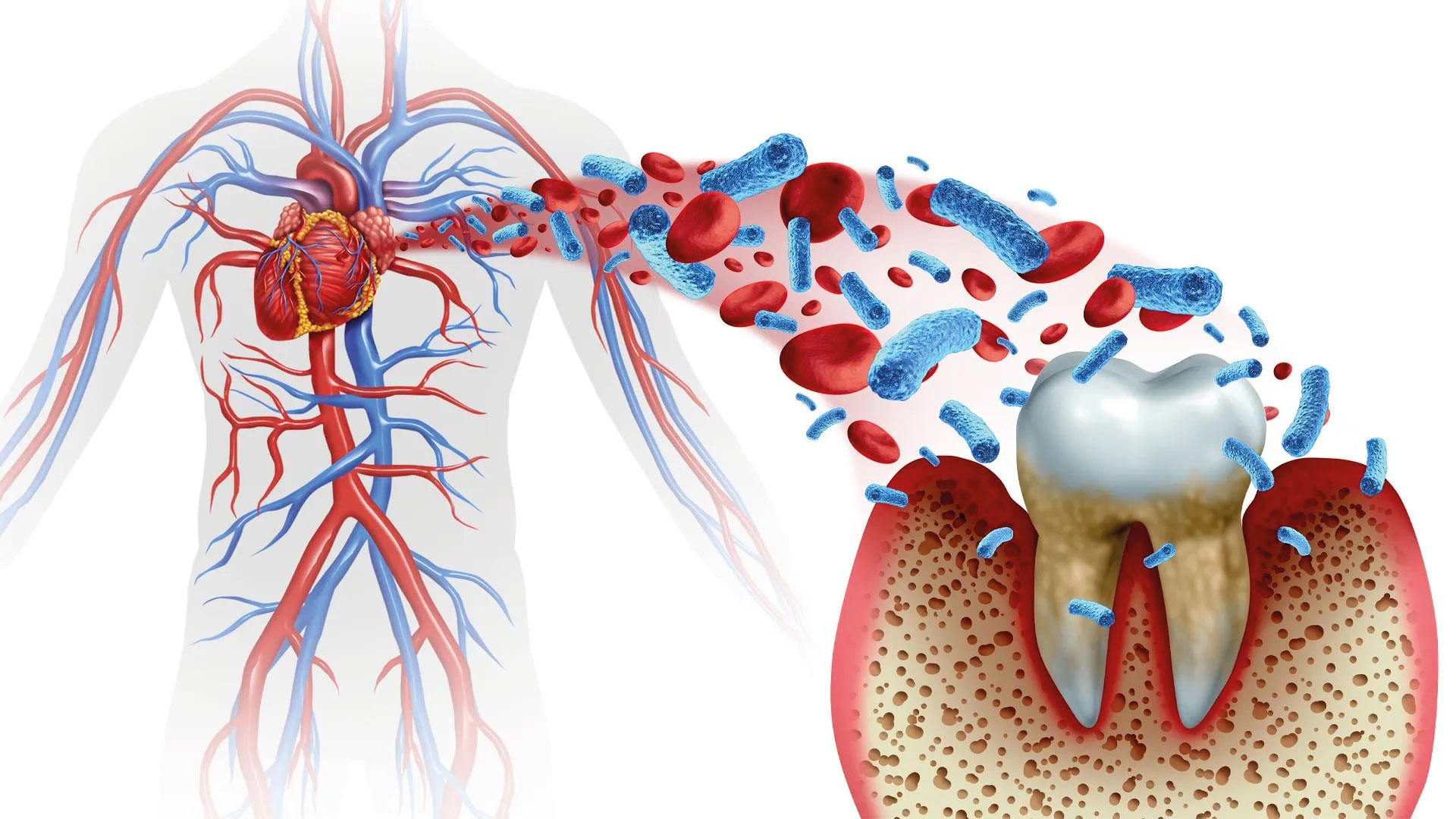Introduction
We begin our journey to discover how vitamin C and calcium are essential for maintaining healthy gums and teeth. These nutrients not only improve gum health but also contribute to strong and resilient teeth. Vitamin C, with its antioxidant properties, protects gums from oxidative stress and infections, while calcium is fundamental for bone density and cavity prevention.
Ensuring that your diet includes foods rich in vitamin C and calcium is an important step towards optimal oral health. In this article, we will explore the best food sources of these nutrients, how often we should consume them, and the benefits they bring to our oral health.
Vitamin C: An Ally for Gum Health
Importance of Vitamin C for Gums
Sources of Vitamin C
Calcium: The Key to Healthy Teeth
Benefits of Calcium for Teeth
Sources of Calcium
To ensure an adequate intake of calcium, it is important to include a variety of foods rich in this mineral in our diet. Milk, cheese, and other dairy products are excellent sources of calcium. Leafy green vegetables like kale and okra, fish with bones like sardines and anchovies, fortified tofu, almonds, and sesame seeds are also great options to increase calcium intake. Regularly consuming these foods can help maintain strong and healthy teeth.
Frequency of Intake and Benefits
Ensuring that our daily diet includes foods rich in vitamin C and calcium is essential for maintaining healthy gums and teeth. Consuming a variety of foods that contain these nutrients helps ensure that our body receives the necessary amounts for optimal oral health.
How Often to Consume Vitamin C and Calcium
To maintain good gum and teeth health, it is important to regularly consume foods rich in vitamin C and calcium. Adults should aim to consume about 75-90 mg of vitamin C per day and about 700 mg of calcium per day. Integrating these nutrients into our daily diet through a variety of foods can make a significant difference in our oral health.
Why Vitamin C and Calcium Are Good for Teeth
Top 10 Foods Rich in Vitamin C
- **Guava**: 228 mg per 100 g
- **Kiwifruit**: 93 mg per 100 g
- **Red Peppers**: 128 mg per 100 g
- **Strawberries**: 59 mg per 100 g
- **Oranges**: 53 mg per 100 g
- **Papaya**: 61 mg per 100 g
- **Broccoli**: 89 mg per 100 g
- **Tomatoes**: 23 mg per 100 g
- **Kale**: 120 mg per 100 g
- **Snow Peas**: 60 mg per 100 g
Top 10 Foods Rich in Calcium
- **Tofu (prepared with calcium sulfate)**: 683 mg per 100 g
- **Skim Milk**: 122 mg per 100 g
- **Low-Fat Yogurt**: 199 mg per 100 g
- **Grated Parmesan**: 1184 mg per 100 g
- **Hard Cheeses**: 721 mg per 100 g
- **Leafy Green Vegetables (like kale and okra)**: 100-150 mg per 100 g
- **Sardines (with bones)**: 382 mg per 100 g
- **Almonds**: 264 mg per 100 g
- **Sesame Seeds**: 975 mg per 100 g
- **White Beans**: 113 mg per 100 g
Conclusion
In conclusion, vitamin C and calcium are essential nutrients for maintaining healthy gums and teeth. Vitamin C, with its antioxidant properties, protects gums from oxidative stress and infections, while calcium strengthens tooth enamel and prevents cavities. Ensuring that these nutrients are included in our daily diet is an important step towards a healthy and problem-free mouth.
Remember that a balanced diet, rich in foods like citrus fruits, peppers, milk, cheese, and leafy green vegetables, can make a significant difference in our oral health. Don’t forget to consult your dentist for personalized advice and to maintain good oral hygiene
Did You Know ?
Vitamin C and Scurvy Prevention
Vitamin C has historically been used to prevent scurvy, a disease caused by a deficiency of vitamin C. Symptoms include bleeding gums, weakness, and anemia. Sailors in the past carried citrus fruits during long voyages to avoid this debilitating disease.
The Role of Calcium in Blood Clotting
Calcium is not only important for teeth and bones but also plays a crucial role in blood clotting. This mineral is essential for the proper functioning of proteins involved in the clotting process, helping to prevent bleeding and promote wound healing.
The Bioavailability of Calcium in Foods
Not all calcium-rich foods have the same bioavailability. For example, the calcium in dairy products is more easily absorbed than the calcium in leafy green vegetables. This is due to the presence of oxalates in vegetables, which can bind to calcium and reduce its absorption.
Vitamin C and Iron Absorption
Vitamin C helps improve the absorption of non-heme iron, the type of iron found in plant-based foods. Consuming vitamin C-rich foods along with iron-rich foods can help prevent anemia and improve energy levels.
Calcium and Osteoporosis Prevention
Calcium is crucial for preventing osteoporosis, a condition characterized by fragile bones that are susceptible to fractures. Ensuring an adequate intake of calcium throughout life, especially during childhood and adolescence, can help maintain strong bones and reduce the risk of osteoporosis in later life.
Vitamin C and Skin Health
Vitamin C is essential for collagen production, which not only keeps gums healthy but is also crucial for skin health. Collagen helps keep skin elastic and youthful, reducing the appearance of wrinkles and improving wound healing.
If you have any questions or would like to book a consultation, please contact our reception at +357 26 946863. We are here to help you maintain healthy gums and teeth!










